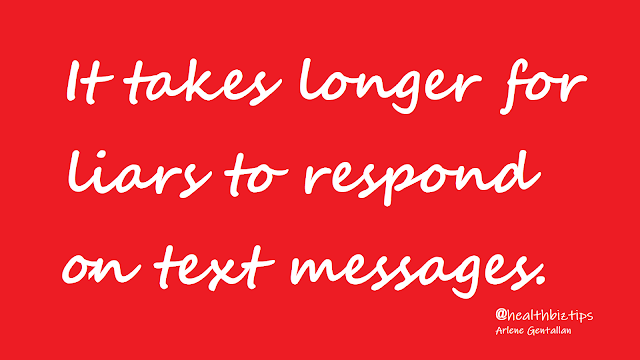Does wearing high heels boosts confidence?
 |
| Does wearing high heels boosts confidence? | Healthbiztips | photo credit: Valery Sysoev @valerysysoev @unsplash |
Does wearing high heels boosts confidence? | Healthbiztips
@healthbiztips by Arlene Gentallan | health | beauty | psychology
Individuals striding in high heels gives bystanders the impression of fearlessness and empowerment, but does standing in a high platform really build confidence or is it just an illusion created by assuming such tall stature?
Yes, walking in high heels does give certain people confidence. Wearing high heels changes the body's center of gravity, so in order to be able to walk in high heels, one has to assume a good posture in which the chest is held out, tummy is held in, and the head is positioned in line with the spine. This obliges the wearer to stand straight which many may find attractive and professional.
In a way, standing in high heels commands it's wearer to take on a high power pose. The highly criticized research by Amy Cuddy reveals that adopting a high power pose, in which the individual stands or sits straight with hands spread out to assume a dominant posture even for as little as 2 minutes can have a significant biochemical effect on a person, such that it increases the level of testosterone while decreasing the stress hormone cortisol. This hormonal changes makes the person feel positive and less anxious.
If you want to grab attention, then high heels is your friend. A study reveals that the higher the heels women wear, the more they get noticed, particularly by men. Wearing heels is fashion statement that speaks height, attractiveness, and femininity.
I did mention that high heels does indeed increases the confidence of "certain people" because high heels is absolutely not a confidence builder for all type of people. For example, take the case of a woman whose height is 5'10" and imagine how she might feel in a crowd when she wears an incredibly high heels. Indeed, she would really stand out in a weird way.
Let's not forget that wearing high heels regularly can have negative repercussions because it increases the risk of musculoskeletal problem and injury as it puts the feet in an unnatural position.
In my opinion, walking in high heels is a complicated stance, especially to those who are not used to it. I know a person who got so embarrassed for falling in a high heel that she vow never to wear it again as it certainly did an awful impact on her confidence. On the hand, I know a woman who gains incredible confidence when she's on high heels. Whether or not wearing high heels will increase one's confidence still depends on the preference and mindset of the one whose wearing it.






















